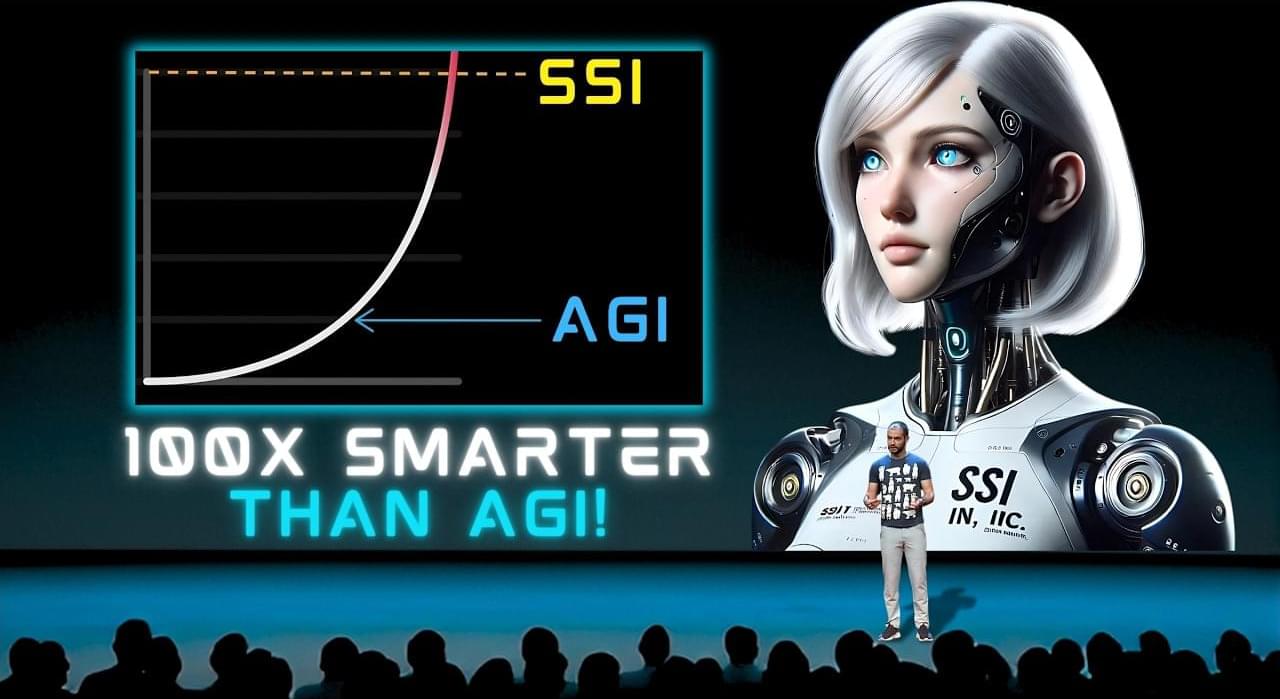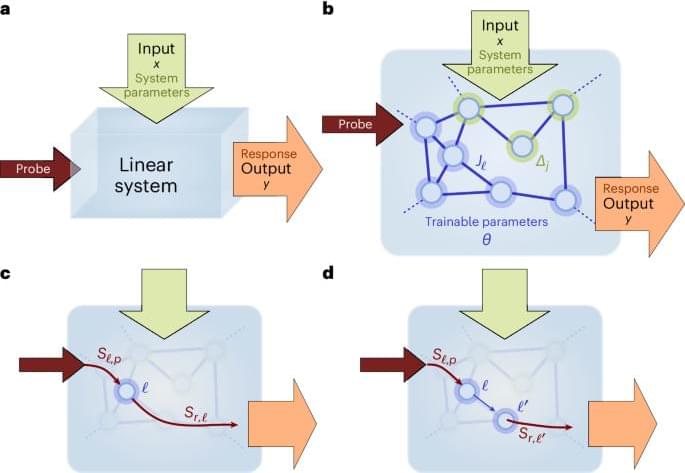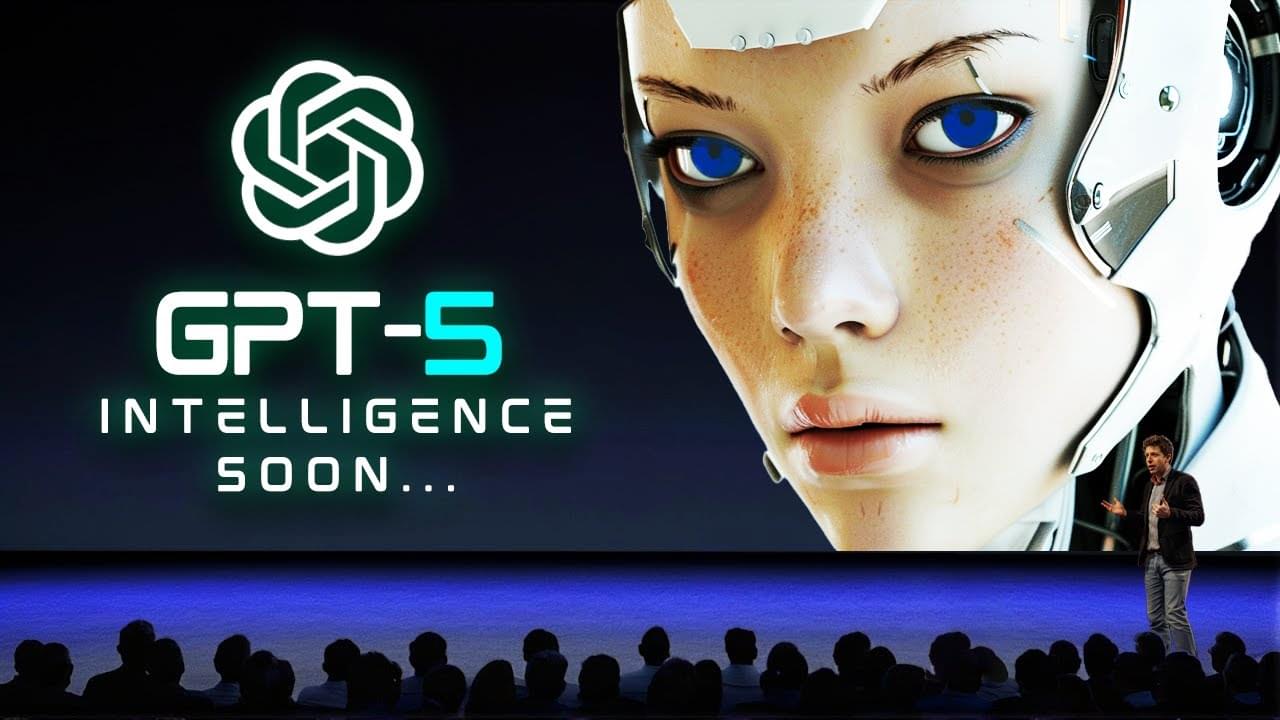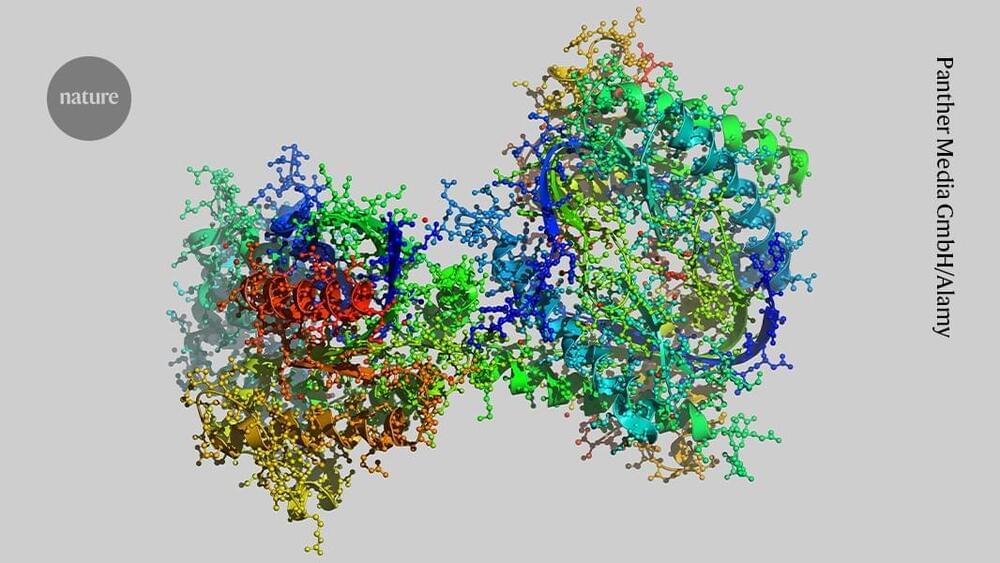Jul 10, 2024
20 Emerging Technologies That Will Change The Future
Posted by Dan Breeden in categories: bioengineering, biotech/medical, cyborgs, food, internet, military, quantum physics, robotics/AI, transhumanism
Boost your knowledge in AI and emerging technologies with Brilliant’s engaging courses. Enjoy 30 days free and 20% off a premium subscription at https://brilliant.org/FutureBusinessTech.
In this video, we explore 20 emerging technologies changing our future, including super-intelligent AI companions, radical life extension through biotechnology and gene editing, and programmable matter. We also cover advancements in flying cars, the quantum internet, autonomous AI agents, and other groundbreaking innovations transforming the future.
Continue reading “20 Emerging Technologies That Will Change The Future” »

















